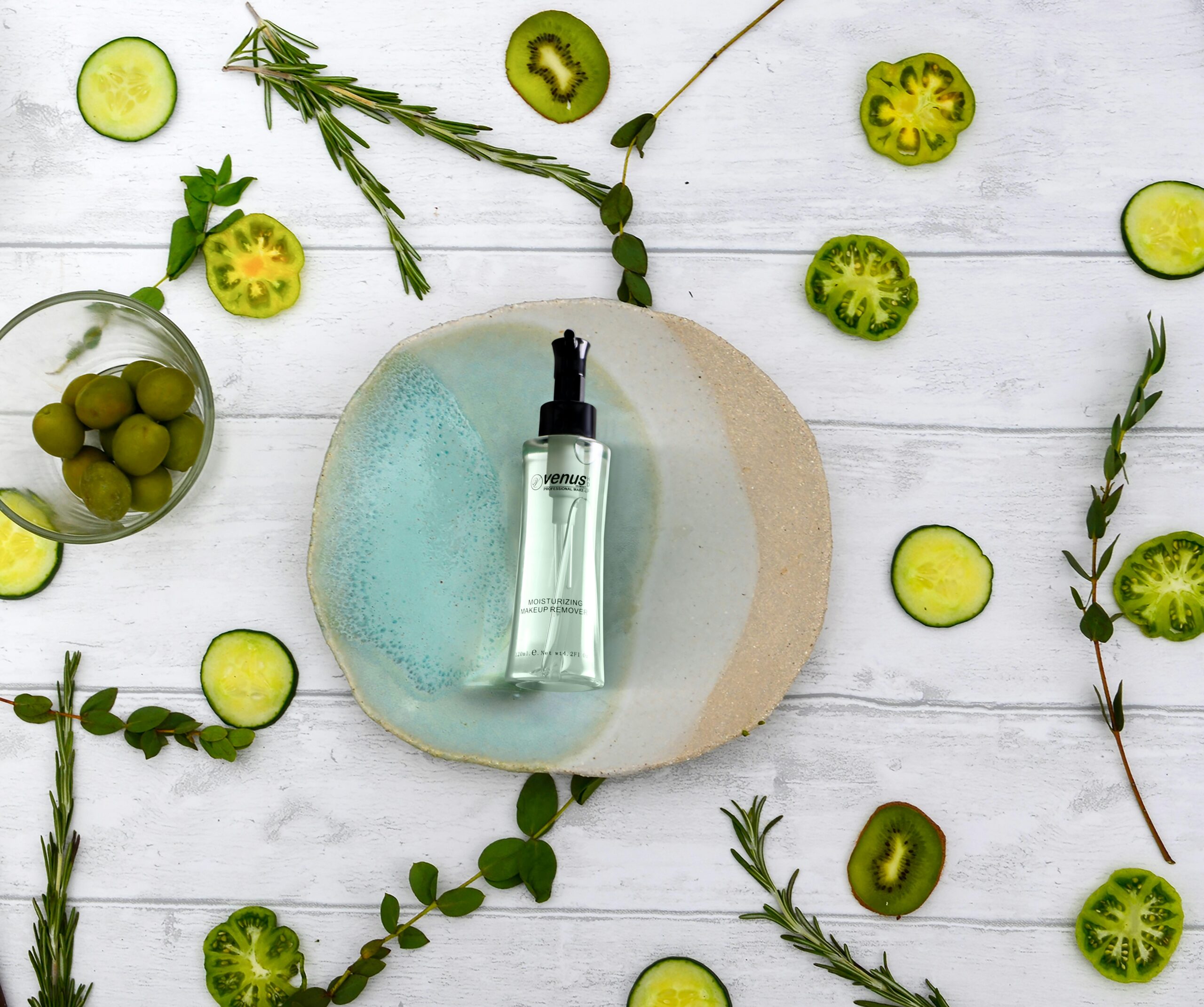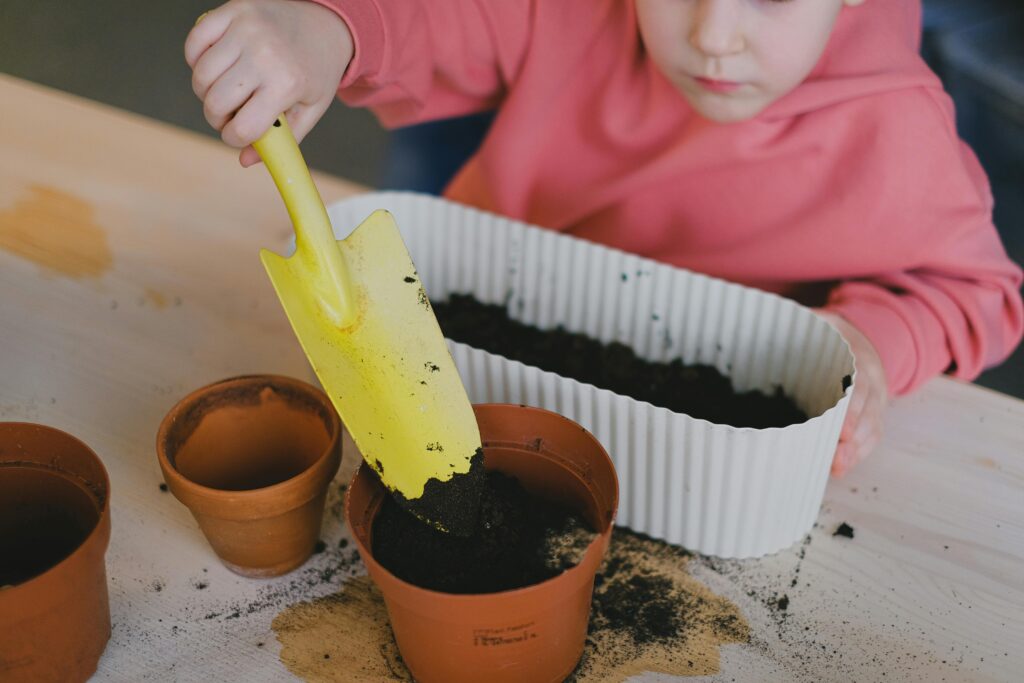Introduction
Ever wondered how organic cucumbers and spinach are elevating your skincare routine? Well, buckle up, because eco-friendly agriculture just became your skin’s new BFF. In this blog post, we’ll dive into the fascinating connection between sustainable farming, organic vegetables, and the beauty industry’s green revolution. From reducing chemical use to supercharging natural products with vitamins, this growing trend addresses a pain point most don’t even realize they have: skincare infused with earth-loving ingredients.
Here’s what we’ll unpack:
- The surprising benefits of using vegetable-based ingredients in beauty products.
- A step-by-step guide to adopting eco-conscious habits for cleaner skin.
- Tips on choosing genuinely sustainable skincare brands.
Stick around—it’s about to get green, clean, and maybe even meme-worthy!
Table of Contents
- Key Takeaways
- Why Does This Matter?
- Step-by-Step Guide to Eco-Friendly Beauty
- Best Practices for Choosing Skincare Products
- Real-Life Success Stories
- FAQs About Eco-Friendly Agriculture
Key Takeaways
- Eco-friendly agriculture supports sustainability while enhancing skincare formulations.
- Organic vegetables like kale, carrots, and spinach boost nutrients in skincare products.
- Switching to veggie-infused beauty routines can reduce exposure to harmful chemicals.
Why Does This Matter?

Let me confess something here—I once bought an “all-natural” serum because its packaging screamed “clean girl aesthetic.” Turns out, it contained more synthetic additives than my morning latte has sugar. Ugh. The beauty industry loves throwing words like “organic” and “natural” around without backing them up, which leads us straight into the arms—or fields—of eco-friendly agriculture.
The buzzword isn’t just hot air; there’s science behind it. Studies show that crops grown with eco-friendly practices retain higher nutrient levels compared to conventionally farmed produce (source). These same veggies make their way into serums, masks, and lotions, delivering concentrated doses of goodness to our pores. Plus, supporting sustainable farms means less soil degradation—a win-win for Mother Earth!
Step-by-Step Guide to Adopting Eco-Conscious Habits
Optimist You:
“Starting small is starting smart!”
Grumpy You:
“Oh great, another lifestyle overhaul. Can I at least sip wine while doing this?”
- Research Ingredient Origins: Check labels for terms like “certified organic” or specific farm mentions.
- Ditch Single-Use Packaging: Opt for refillable options or biodegradable containers.
- Grow Your Own Ingredients: If space allows, grow cucumber or mint to DIY hydrating face mists!
- Support Local Farmers: Purchase from nearby co-ops or farmers’ markets to minimize transport emissions.

Best Practices for Choosing Skincare Products
Selecting the perfect product is like navigating a TikTok algorithm… overwhelming yet rewarding when done right:
- Look for certifications such as USDA Organic or Ecocert.
- Prioritize ingredient transparency (less is often more).
- Avoid products with vague phrases like “derived from nature” unless backed by specifics.
- Pro tip: Aloe vera-based moisturizers are CHEF’S KISS for sensitive skin.
Real-Life Success Stories

Enter [Brand Name], a pioneer in marrying organic vegetables with luxe skincare. Their star product? An anti-aging cream packed with cold-pressed carrot extract sourced directly from regional farmers following strict agroecological methods. Results showed a 95% reduction in fine lines among users after three months—stats so good they sound fake but aren’t!
Bonus nostalgia alert: Think Pokémon GO meets gardening—customers collect points by scanning QR codes on recyclable packages to unlock discounts. Sneaky genius.
FAQs About Eco-Friendly Agriculture
Q: Is eco-friendly agriculture expensive?
A: Not always! Many small-scale farms offer affordable subscription boxes where you save money AND the planet.
Q: What makes eco-friendly better than “regular” organic?
A: It goes beyond no pesticides—it protects biodiversity, conserves water, and fights climate change too.
Q: Terrible Tip Alert: Just slap cucumber slices on tired eyes instead of buying products?
A: While refreshing, raw veggies lack preservation techniques found in formulated products, meaning potential bacteria risks. Proceed cautiously.
Conclusion
We’ve covered the ins and outs of how eco-friendly agriculture transforms not just your plate but also your vanity shelf. Switching to plant-powered picks strengthens both skin and ecosystems alike. Remember:
- Your wallet—and Mother Nature—will thank you for ditching wasteful habits.
- Even one swap counts toward progress.
Now go ahead—try swapping that toner for something greener today. Like Tamagotchis hitting reset mid-morning, these little steps keep sustainability thriving every single day.


